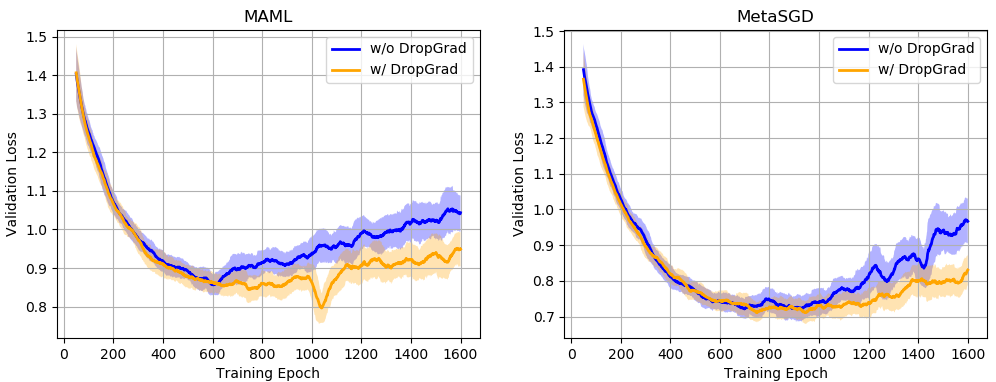Abstract:
In modern supervised learning, many deep neural networks are able to interpolate the data: the empirical loss can be driven to near zero on all samples simultaneously. In this work, we explicitly exploit this interpolation property for the design of a new optimization algorithm for deep learning, which we term Adaptive Learning-rates for Interpolation with Gradients (ALI-G). ALI-G retains the two main advantages of Stochastic Gradient Descent (SGD), which are (i) a low computational cost per iteration and (ii) good generalization performance in practice. At each iteration, ALI-G exploits the interpolation property to compute an adaptive learning-rate in closed form. In addition, ALI-G clips the learning-rate to a maximal value, which we prove to be helpful for non-convex problems. Crucially, in contrast to the learning-rate of SGD, the maximal learning-rate of ALI-G does not require a decay schedule. This makes ALI-G considerably easier to tune than SGD. We prove the convergence of ALI-G in various stochastic settings. Notably, we tackle the realistic case where the interpolation property is satisfied up to some tolerance. We also provide experiments on a variety of deep learning architectures and tasks: (i) learning a differentiable neural computer; (ii) training a wide residual network on the SVHN data set; (iii) training a Bi-LSTM on the SNLI data set; and (iv) training wide residual networks and densely connected networks on the CIFAR data sets. ALI-G produces state-of-the-art results among adaptive methods, and even yields comparable performance with SGD, which requires manually tuned learning-rate schedules. Furthermore, ALI-G is simple to implement in any standard deep learning framework and can be used as a drop-in replacement in existing code.









































